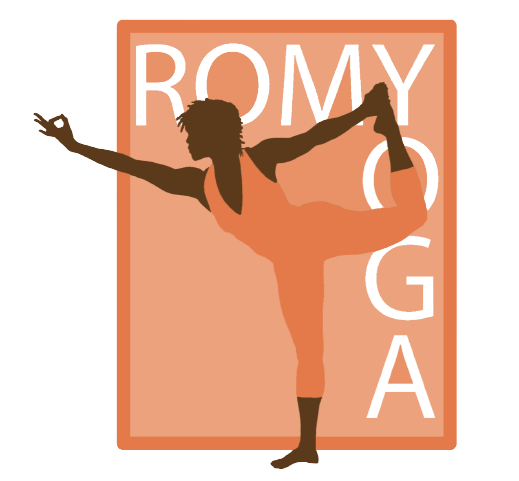When used as a verb, the word shift means “to exchange for or replace by another, to change the place, position, or direction of, or move.” Shifting is our ability to enact a completely new way of doing or approaching something. The ability to shift is considered a great strength whether we are young or old, mentor or mentee, leader or follower. The ability to shift enables us to change mindsets, routines, plans and even goals in order to survive and thrive in our dynamic world.
The pandemic of 2020 has remarkably forced all world leaders and the citizens they serve to shift in one way or another. As we know, the unified threat of Covid-19 sent everyone, emphasis here on every one, into shocking and unfamiliar territory. People managed the resultant shifts in different ways. The death, suffering, isolation and pervasive threat leads to remember the fear and drama, but this overshadows the perseverance and emergence of resilience, flexibility, kindness and empathy. To carry on under previously unimaginable circumstances we had no choice but to take deep breaths and find meaningful ways to cope, transition, and take responsibility for our collective selves. We found a way to productively work from home; to celebrate over ZOOM; to connect with elderly relatives through technology they had never navigated; to scramble for supplemental income wherever possible; to shop for groceries - and most things - online; to plant gardens; to chat with friends through facial coverings while standing far apart; to start and complete house projects; to not hug. Whether or not you were aware it was happening, in 2020 pandemic living demanded that each of us become more present, more aware about who we are, what we do and what we have.
In both Yoga and conscious leadership, the 3 simple words BE, DO and HAVE are powerful tools for self reflection. For some they were consciously at play but for most others they were subconsciously underpinning the shifts vital to pandemic living.
BE
BE: 2020 forced us to BE more conscious in many ways. We had to remember protective gear for everything, from buying coffee to grocery shopping. We had to figure out how to BE present differently; whether through online gatherings or while outside in nature maintaining distance from others. We were challenged to practice “presencing” or tapping into our body sensation, emotions, feelings and our thoughts. How might we continue this ability to presence ourselves as we move forward?
DO
DO: The pandemic changed the way we did many things by creating a completely new culture for working, education, shopping, medical visits, entertainment and socializing. Companies that had insisted working from home was not doable discovered that employees were actually more productive and often happier not commuting to the office. Homeschooling upended every moment of a parents’ day as they juggled work, childcare and school. While some were able to thrive in this environment, the numbers show that many, especially the disenfranchised, struggled and we have no idea about the educational and social damage that may result to students who remain home after one year. How might we DO things differently as we move forward?
HAVE
HAVE: During the pandemic, global politics opened the eyes of those of us “asleep,” unaware, or oblivious to the realities of racial, social, environmental and educational injustice. It’s not clear, but maybe it was because we were locked down with nowhere to go that so many were markedly shaken by the killing of George Floyd. Since we could not subsume ourselves with distractions, or push away feelings of being suffocated and helpless, we felt the pain and anguish of the Black Lives Matter movement deeply, broke out of habitual acceptance and protested injustice in the streets. The pandemic restrictions gave us time to evaluate what we have: were we really happy in that job? That marriage? Why do we live in this town? Do we care for our environment? How do we, each of us, contribute to racial, social and environmental justice? How might we move forward and be people of integrity with what we want to HAVE?
Although an extremely challenging time, I believe a positive that emerged from 2020 is that no matter our personal circumstances, the required shifts in behavior and attitude made us all look inward and consider conscious changes. I hope we can choose to continue to BE more conscious as we move forward in 2021. Even as we get vaccinated, we can choose to DO things from a place of presence and awareness. For example, we can choose to do things differently to tap into body sensation feelings and thoughts and create a culture of integrity at home and at work, to combat injustices such as racism and educational disparities. What do we want to HAVE as we move forward. What did we really have? A fast paced but exhausting life? Unconscious unhealthy habits; pressure, stress; nonstop activity, auto-pilot life? What do we have now?
Following World War II, a Japanese approach to shift habits and lift emerged, called Kaizen. Kai means small; Zen means change thus Kaizen translates to small change for good. We might consider using Kaizen as an approach to long lasting shifts. Taking small steps toward converting beneficial pandemic lessons and practices into permanent change. We can as a collective commit to taking 100% responsibility and help others take responsibility for their wellbeing. The reports showed that the wealthy not only thrived during the pandemic, but they also increased their wealth, while the disadvantaged and underserved had higher infection rates, died at higher rates, are poorer and are emerging further behind than before. So the question is how can I and how can you take small continuous steps toward a more equitable recovery? Let’s not shift back to the old normal. Let’s shift forward to BE and DO better while striving for all to HAVE a more conscious and healthier life!
